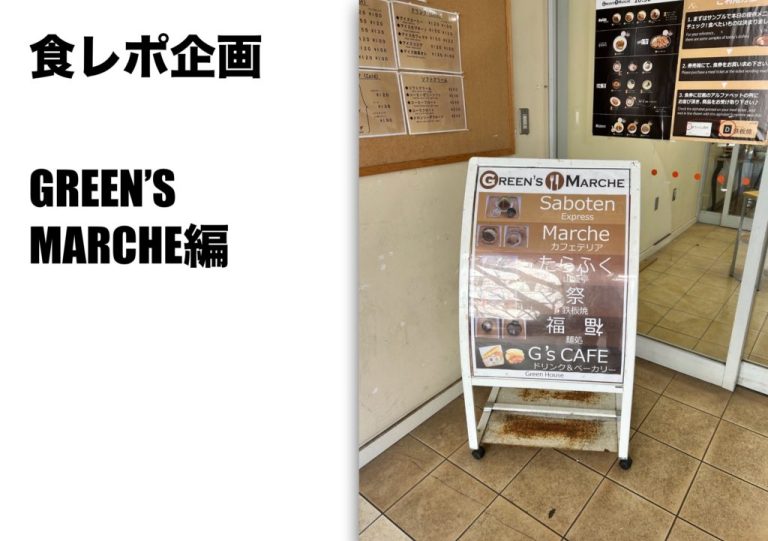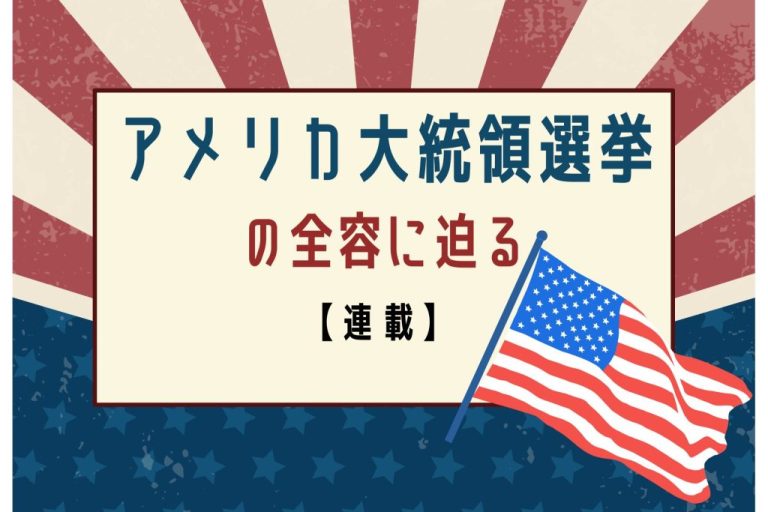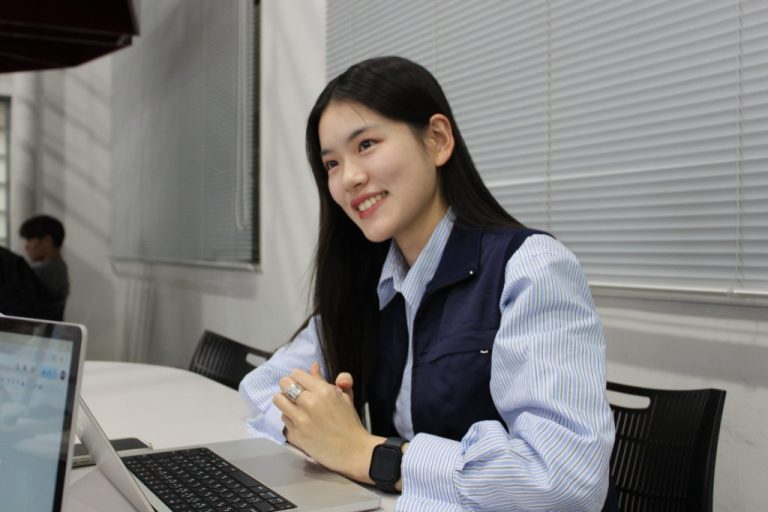
国境を越え、広がるつながり「アジアの人々に魅せられて」
彼の周りには不思議と若者が集まる。年齢を感じさせない力強さに情熱、何よりもその笑顔に惹きつけられるのだろうか。
ドワイト・クラーク氏。アメリカに拠点を置く非営利団体LAB(Learning Across Borders)の代表理事として、日本の学生などに20年近くに渡って東南アジアへの研修プログラムを提供している。「同じ目線で物事を見てくれるから親しみを感じるし、深い話をすることもできる」と、クラーク氏の研修に参加した朝熊悠二さん(商3)は彼の人柄を語る。
クラーク氏と東南アジアのつながりは1960年代にまでさかのぼる。当時アメリカのスタンフォード大で新入生担当部長を務めていたクラーク氏は、香港でのボランティア事業の引率として、初めて東南アジアに足を踏み入れた。
「気がつくとアジアの文化や人々、そこの出来事の虜になっていたんだ」。東南アジアでのボランティア事業はVIA(Volunteers in Asia)という組織の活動へ発展。クラーク氏は長きに渡りVIAの代表を務めることとなる。VIAは外国人学生を対象としたスタンフォード大での研修も手掛けるようになり、クラーク氏は日本の大学関係者とも交流を深めていく。
その後クラーク氏はVIAから退きつつ、自身の交友関係を活かした新たな活動を始めた。それがLABだ。VIAと異なり、LABは日本や台湾、東南アジア諸国などアジア圏の学生の交流や啓発などを目的としている。
現在LABは春と夏に「東南アジア研修」と「ミャンマー(ビルマ)研修」の二つのプログラムを提供している。どちらも2、3週間かけて東南アジアの大学やNGO、ユニセフなどを訪問する内容だ。共通言語は英語であり語学研修の役割も担う。毎回20名ほどの規模で実施される。
タイやミャンマーといった東南アジア地域というと日本人の死者も出した暴動などが記憶に新しいが、クラーク氏は安全には万全の注意を払ってプログラムを実施している。現地の情勢変化にも対応できるよう「プランB」を常に用意し、状況次第では安全を最優先するためにプログラムの中止も厭わないという。
東南アジア研修ではタイとマレーシア、シンガポールを訪問。今年の春に参加した広瀬絇子さん(経3)は「現地の人々、大学生、プログラム参加者からは本当にたくさんの刺激をもらった」と話す。
ミャンマー(ビルマ)研修では、軍事独裁政権の統治下を巡る。「出会いや現地の様々な光景を通じ、ビルマという国を考え続けた2週間は、僕にとって忘れない思い出」と、昨年参加した山田卓史さん(東大3)は振り返る。
今年3月には、歴代の研修参加者による組織「アルムナイ会ドワイトファミリー」が発足。記念パーティーには100名を超える過去の参加者が集まった。
「机上の学習も大切だが、リアルな体験による啓発のインパクトは途轍もなく大きい」。そう語るのは会の責任者の一人である谷中修吾さん(01年総卒)。今後は参加者のつながりを活かし、LABの理念の継承や実行を意識しつつ、活動を拡大していきたいという。
プログラムを通じ「東南アジアで何が本当に起こっているか理解してほしい」というクラーク氏。彼の想いは着実に国境を越え、人々を動かしている。
(花田亮輔)
There is something about him that attracts young people. His vitality, passion and, above all, smile may fascinate the youth. Dwight Clark, a representative of a non-profit educational organization called LAB (Learning Across Borders), has been offering Asian students programs in southeast Asia for about 20 years. “He thinks in the same way as young people do, so he is popular among us and that makes us casually talk to him even about serious issues,” said Yuji Asakuma, a junior at Faculty of Business and Commerce, Keio University, and the participant of his program.
Mr. Clark’s work in Southeast Asia began in the 1960’s. At that time, he was the dean of freshman men at Stanford University. In 1963, he first visited Southeast Asia in order to lead students to the volunteer programs in Hong Kong. “I found myself fascinated by the cultures, people and issues of Asia,” he said. The volunteer program expanded as the official work of an organization called VIA (Volunteers in Asia), for which Clark served as the leader for long years. VIA came to deal with not only study programs in Southeast Asia, but also programs in Stanford for foreign students from Asia, and Clark succeeded to make good relationships with some Japanese universities such as Keio and Waseda.
After he retired from VIA, Clark founded another organization, ‘LAB’. Unlike VIA, LAB mainly offers students in Japan and Taiwan programs in Southeast Asia. He intends to make Asian students interact and enlighten each other. At present, LAB offers two programs called ‘Southeast Asia Program’ and ‘Myanmar/Burma Program.’ In both programs, about 20 participants visit many places and organizations such as local universities, NGOs and UNICEF for two or three weeks. These programs are also good opportunities for many Asian students to improve their English skills. Though some bloody incidents have occurred in Thailand and Burma in recent years, Clark makes every effort to assure the safety of his programs. He also said that he always prepares A ‘Plan B’ for such situations and is not hesitant to cancel a program for safety reasons.
In the Southeast Asia Program, participants visit three countries of Thailand, Malaysia and Singapore. Junko Hirose, a junior at Faculty of Economics, Keio University, joined the program in this spring and said, “I really got motivated by the local people, students and the other members of the program.” On the other hand, the participants of Myanmar/Burma Program travel to a place under the military dictatorial government. “During the two weeks of the program, I had been thinking about the nation through the people I met and the things I saw. It was an unforgettable experience for me,” Takafumi Yamada, a junior at Faculty of Arts and Science, Tokyo University, recalls the program.
Last March, The alumni association of the both programs called ‘Dwight Family’ was organized and over 100 people joined its kick-off meeting in Tokyo.”While class-based study is important, an impact which was given by the real experience in the local countries is extraordinary strong,” Shugo Yanaka, one of administrative members of the association and a graduate of Keio University, said. According to him, the association will expand its activity being aware of its role as an organization which carries out the ideals of LAB.
“I hope people will understand what’s really happening in Southeast Asia,” Clark explained the purpose of the program. His idea steadily passes across borders and sways a lot of people.
編集後記
告白すると、実は筆者自身がLABの東南アジア研修の参加者である。従ってドワイト(記事では「クラーク氏」と表記していたが、こちらではファーストネームの方を使わせていただく)とは取材前からの知り合いだった。
自分にとって初めての英語での取材・記事執筆。いくら元から面識があるとは言え、日本語での取材と比べ自然と緊張した。
だが語学以上に筆者を悩ませことがあった。取材を進める直前に発生した、タイの首都バンコクでの騒乱である。日本でも連日報道されたように、デモ隊と政府の治安部隊が衝突し多くの死傷者が出た。
緊迫した現地の様子を伝える映像に映っていたのは、紛れもなく自分が研修で訪れた場所。「こんな情勢の時に東南アジアへの研修に関係する記事を書いて良いのだろうか」と割と真剣に悩んだりもしたのである。
しかし結局は、書いた。ふと「こんなに報じられているのに、『東南アジア』って全然自分たちの日常会話に出てこない……これはやはり変だ」と思ったからである。
何やら面倒そうな事件が起きている時こそ、目をそらさずにかすかでも確かな関心を持って東南アジア諸国を見てほしい――そんな想いをこめたつもりだが、果たしてうまく記事に反映できただろうか。







